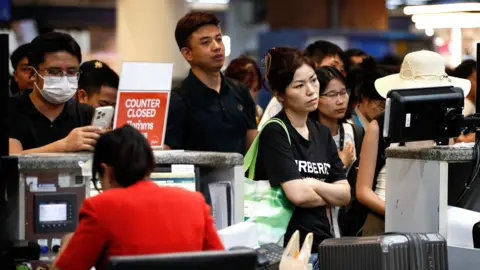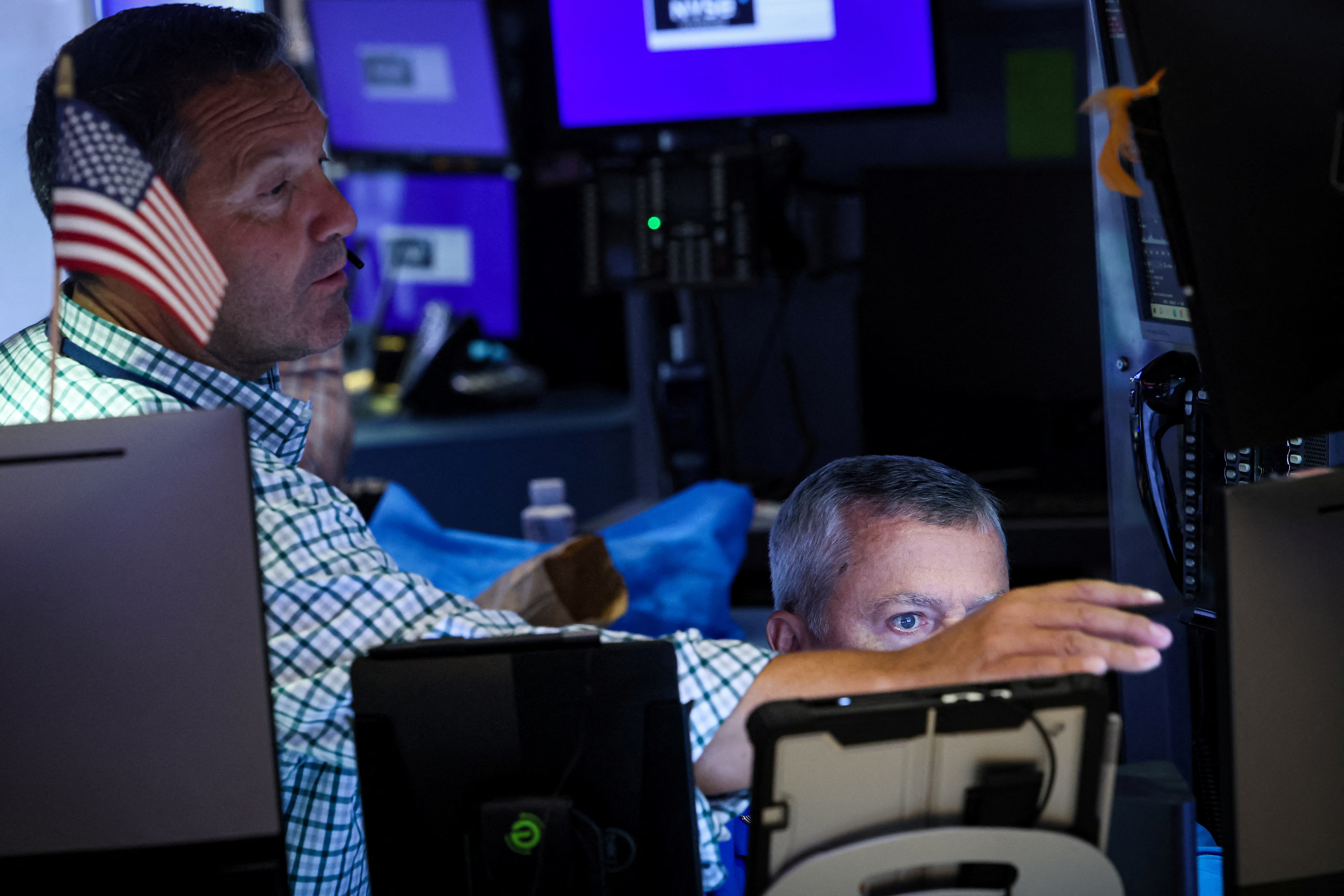League signs 11-year agreements with media partners and rejects a last-minute matching bid from Warner Bros. Discovery
By Isabella Simonetti and Joe Flint
Updated July 24, 2024 6:38 pm ET

A game between the Dallas Mavericks and the Minnesota Timberwolves earlier this year. PHOTO: DAVID BERDING/GETTY IMAGES
The National Basketball Association said it has signed landmark media-rights deals worth $77 billion with Disney’s DIS -1.25%decrease; red down pointing triangle ESPN, Amazon.com AMZN -2.99%decrease; red down pointing triangle and Comcast’s CMCSA -1.09%decrease; red down pointing triangle NBCUniversal, turning away a last-minute bid from current rights holder Warner Bros. Discovery WBD -1.74%decrease; red down pointing triangle.
The new 11-year deals, which go into effect following the 2024-2025 season, will more than double the fees the NBA receives each season.
Disney has agreed to pay an average fee of $2.6 billion a year to keep NBA games on ESPN and ABC, up from $1.5 billion a year under the current deal. NBCUniversal agreed to pay $2.5 billion a year to air games on NBC and its Peacock streaming service, while Amazon Prime Video has offered $1.9 billion a year for a streaming package.
The league said it rejected a proposal from Warner to keep basketball games on its TNT network, setting the stage for a potential legal showdown. TNT had exercised a clause in its contract that gave it the right to match a rival bid. The Wall Street Journal reported that TNT is seeking to match Amazon’s offer.
“Warner Bros. Discovery’s most recent proposal did not match the terms of Amazon Prime Video’s offer and, therefore, we have entered into a long-term arrangement with Amazon,” the league said.
In a statement, TNT said it doesn’t believe the NBA can reject its match of Amazon’s offer and added that the league has “grossly misinterpreted our contractual rights…and we will take appropriate action.”
The rich price of the NBA deal underscores how critical sports rights have become for media companies, helping them draw the audiences needed to sustain their traditional TV businesses, even as they prepare for a future dominated by streaming.
The deals—each of which has a substantial streaming component—embody a seismic shift in the way consumers are watching sports. Amazon’s entry points to the growing power of technology companies in sports.
The media-rights deals “will maximize the reach and accessibility of NBA games for fans in the United States and around the world,” NBA Commissioner Adam Silver said in a statement.
In calls detailing the news, executives for the media companies said the NBA would help them boost and retain subscribers for their platforms, and reach younger and more diverse audiences.
NBCUniversal’s package will include 100 games per regular season across NBC and Peacock as well as first and second-round playoff games and six conference finals series.
Disney is taking on a smaller package of games than under its current deal. Its package will include 80 regular-season games per season, the NBA Finals, plus early-round playoff contests and conference finals series in 10 seasons, the league said. All games will be available on ESPN’s upcoming direct-to-consumer streaming service.
Amazon will offer 66 regular-season games, including Thursday double-headers starting in January, plus Friday evening double-headers and select Saturday afternoon games. Prime Video also will air “play-in” tournament games and will have early playoff coverage, plus six conference finals series.
As part of the agreement, media-rights deals were also secured for the Women’s National Basketball Association. That will include 25 regular-season games on Disney’s platforms, 50 regular-season games on NBCUniversal’s platforms and 30 regular-season games on Prime Video.
The NBA’s decision not to accept TNT’s match is the latest development in a drawn-out and very public battle between the league and its oldest media partner. TNT has carried the NBA for more than three decades.
TNT’s parent, Warner Bros. Discovery, is grappling with a declining cable business and a hefty debt load and has been in cost-trimming mode. Though the NBA contracts are pricey, losing basketball games would make it harder for TNT to position itself as a must-have network worthy of earning premium carriage fees from distributors.
TNT has forged several smaller sports-rights deals recently and still has agreements for Nascar, the NHL and Major League Baseball.
Keeping NBA telecasts is also important for a new sports-centric streaming service that Warner is launching in a joint venture with ESPN and Fox Sports. That venture, called Venu, is set to debut later this year.
Advertisement
Write to Isabella Simonetti at isabella.simonetti@wsj.com and Joe Flint at Joe.Flint@wsj.com
Copyright ©2024 Dow Jones & Company, Inc. All Rights Reserved. 87990cbe856818d5eddac44c7b1cdeb8
Appeared in the July 25, 2024, print edition as ‘NBC, ESPN, Amazon Pay $77 Billion for NBA’.











